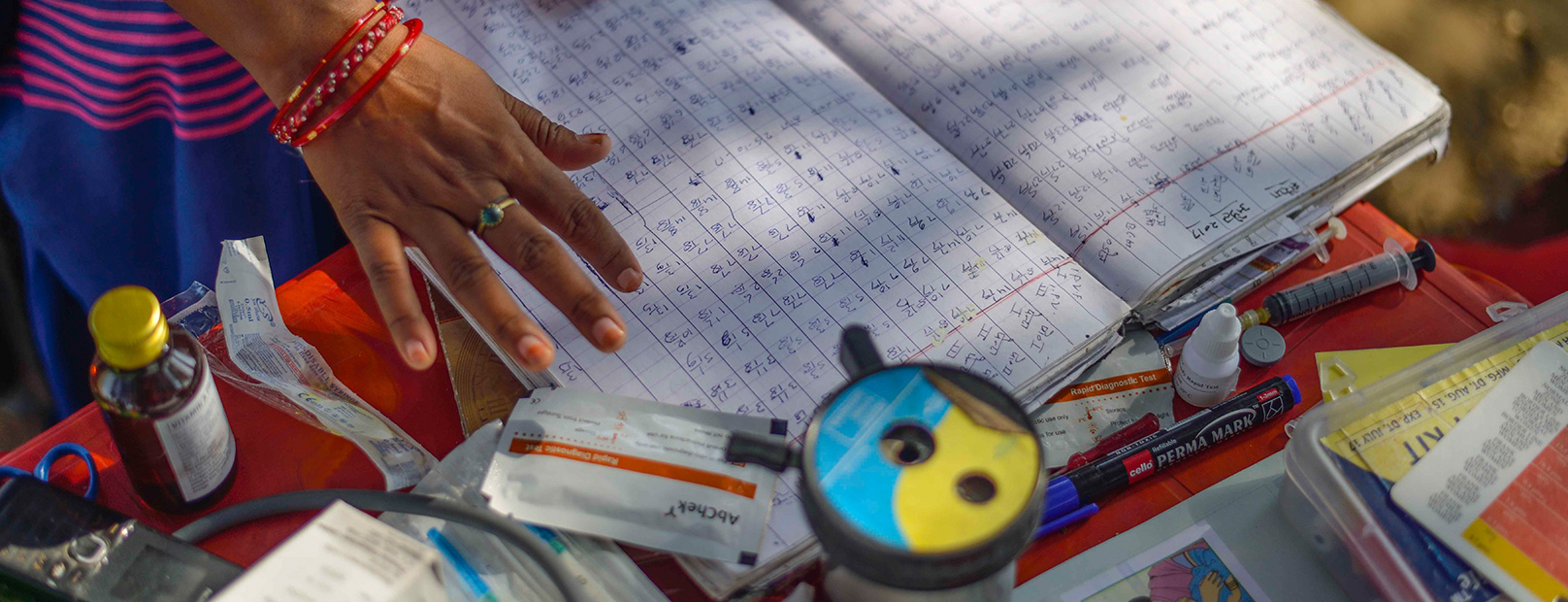- Home
- Themes
- Health Systems Stregnthening
- Behavior Change Communication - Frontline workers

In India, Frontline health workers (FLWs) (defined as Accredited Social Health Activists (ASHAs), Anganwadi Workers (AWWs) and Auxiliary Nurse Midwives (ANMs) providing outreach services) serve as a link between the community and the public health system and support the delivery of essential community based primary health care (CBPHC) services. Globally, strengthening CBPHC has the potential to avert 2.3 million deaths each year through increasing the coverage of evidence-based, maternal, newborn and child health interventions, far in excess of that which could be achieved through interventions at primary health care facilities and hospitals. FLW interventions provide cost effective solutions, and they are a critical element of strategies to meet the Sustainable Development Goals and achieve universal health coverage In India, it is increasingly recognized that the coverage and quality of service delivery by FLWs in India is highly variable, and there exists potential to support the FLW ecosystem to deliver better and have more impact.In light of the same, one of the proposed call under GCI is planning to support fund evidence-generating scoping studies and theory-building pilots of interventions to address identified evidence gaps on what interventions would work to improve FLW performance in what contexts in India.